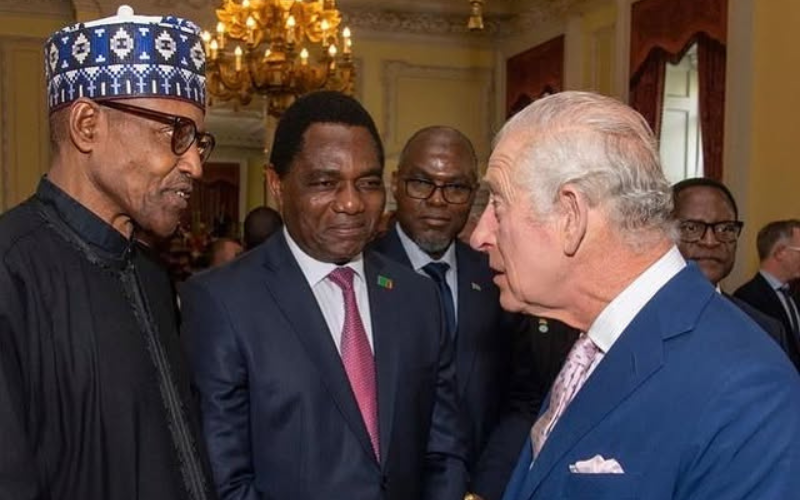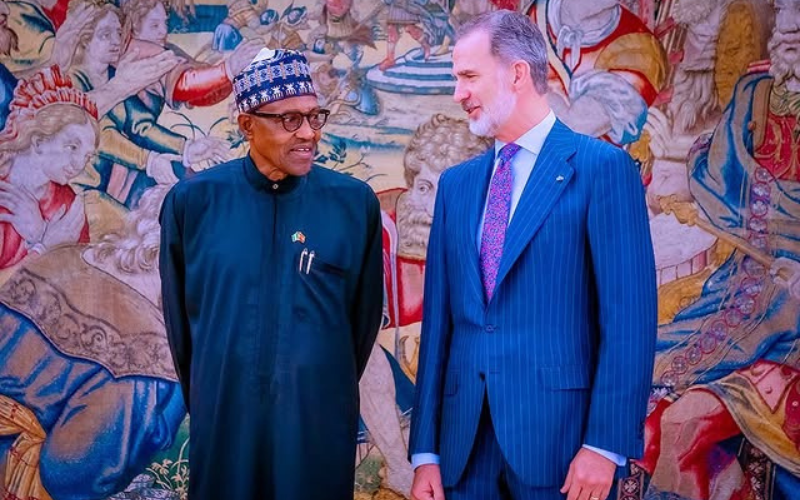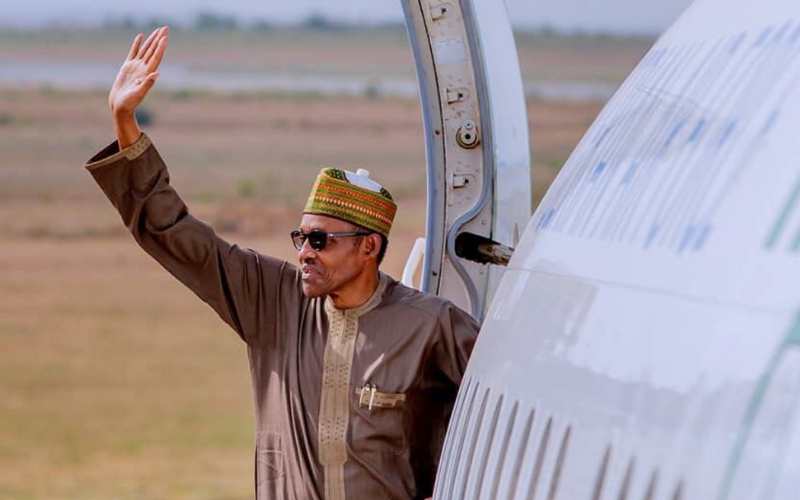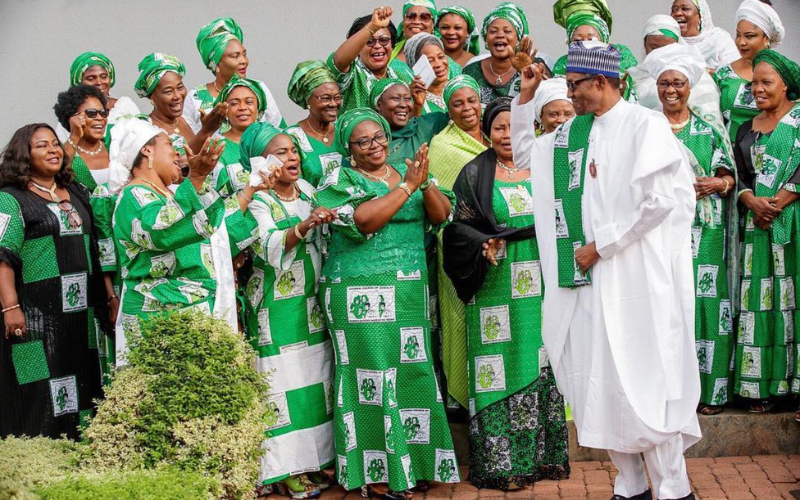Nigeria is mourning the death of former President Muhammadu Buhari, who passed away at the age of 82 in a London clinic after a period of illness.
The former military ruler-turned-democrat led Africa’s most populous nation through two presidential terms between 2015 and 2023.
His death marks the end of a political era defined by anti-corruption efforts, a strict leadership style, and a strong connection with Nigeria’s northern population.
Buhari rose to power after winning the 2015 general election, becoming the first opposition candidate to unseat a sitting Nigerian president.

After three unsuccessful attempts, his victory was widely seen as a landmark in the country’s democratic journey. He was re-elected in 2019 for a second term.
Widely regarded for his personal integrity, Buhari earned the trust of many Nigerians, particularly among the Talakawa—a Hausa word meaning “the poor of the north.”
According to the BBC, his military background inspired confidence that he could tackle the extremist group Boko Haram, fight corruption, and address unemployment.

Born in 1942, Buhari became Nigeria’s military leader in 1983 following a coup. His administration was known for its anti-corruption drive and strict civic rules, such as enforcing order in public spaces.
However, his rule also restricted press freedom, with several journalists jailed during his tenure.
After being ousted in 1985 and briefly imprisoned, Buhari returned to national politics, declaring his embrace of democratic governance.

Still, he often stood by the controversial decisions he made as a military ruler. His leadership style remained cautious and deliberate, earning him the nickname “Baba Go Slow” due to the extended delay—six months—in naming his first cabinet.
Toward the end of his presidency, Buhari’s health declined, prompting frequent medical trips abroad.

His administration often kept the public in the dark about the details of his condition.
He was married twice and leaves behind 10 children.

